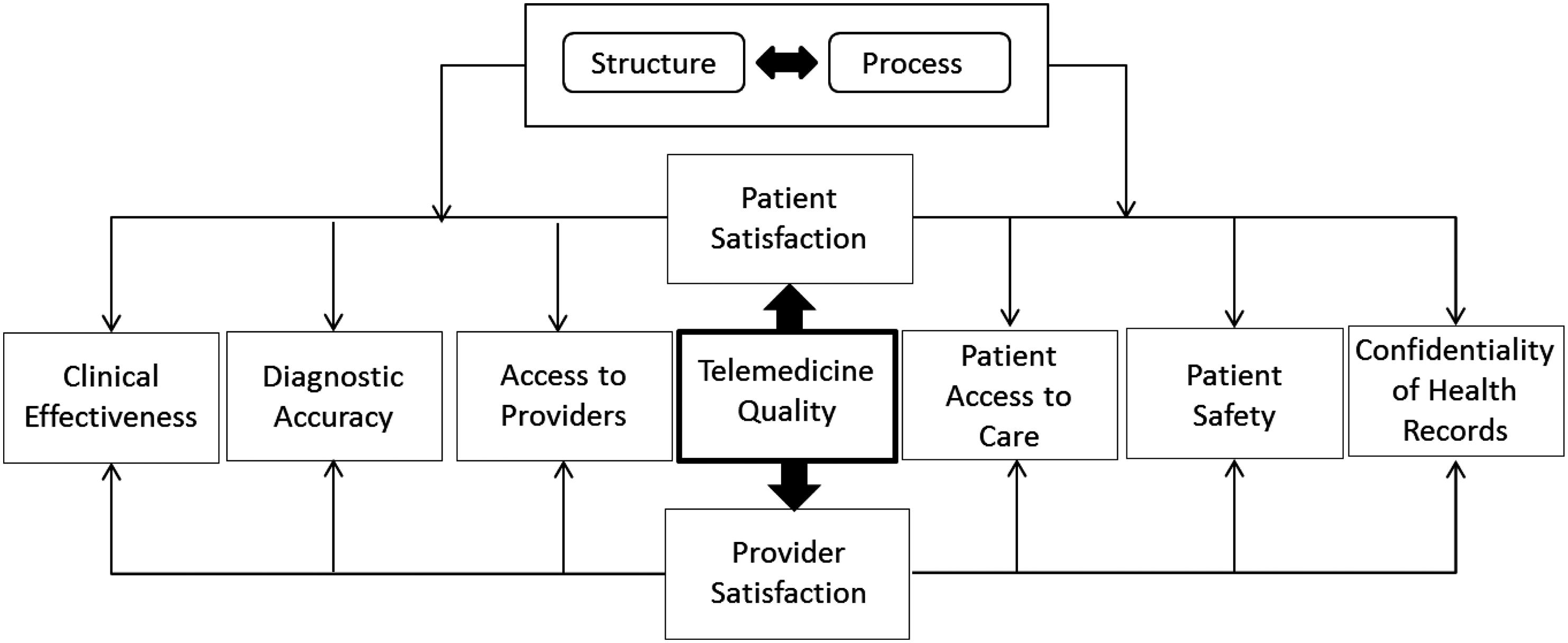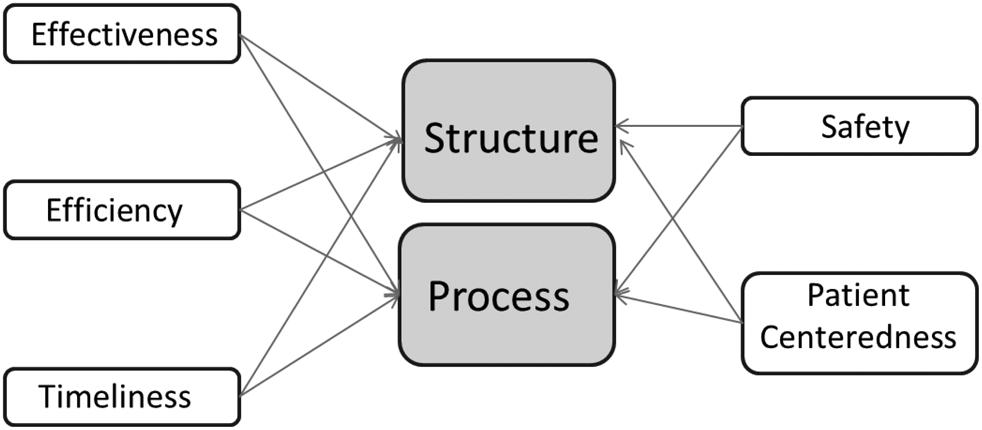
2 minute read
Privacy, Confidentiality, and Security
of value because the current structure and information systems of healthcare delivery make it difficult to measure and deliver real value. Because patients have a limited knowledge and understanding of clinical outcomes, they tend to define value mainly in the context of their personal experience. That is not to say that patients do not care about clinical outcomes.
The value is expressed as what we gain relative to what we give up— the benefit relative to the cost. In this chapter, we examine the factors that would influence the patient’s perception regarding the value of the services he/she receives. Value in healthcare is expressed as the physical health and sense of well-being achieved relative to the cost. Therefore, high value in healthcare means getting the right care, at the right time, to the right patient, for the right price, and the right patient experience level.
Advertisement
Some physicians do not believe that patient satisfaction is a goal worth pursuing. They believe that the only thing a patient should care about is a correct diagnosis, a proper treatment plan, and the doctor’s medical knowledge. While it is true that patients value these things, patients also value whether the doctor treats them with respect and courtesy, listens to them, displays empathy and compassion, and takes the time to explain what is being done and why.
There are many factors that influence the patients’ perception of value. In the instances in which patients reflect on the value of the services they received, the focus of their reflections tends to include both the tangible and intangible aspects of their experience. Below is a discussion of the factors that could alter or reinforce patients’ perception of value.
The absence of service elements such as privacy, confidentiality, and security would in most cases create the perception of less value. There are various reasons for placing a high value on protecting the privacy, confidentiality, and security of health information (Pritts, 2008). Some theorists depict privacy as a basic human good or right with intrinsic value (Fried, 1968; Moore, 2005; NRC, 2007; Terry and Francis, 2007). They see privacy as being objectively valuable in itself, as an essential component of human well-being. They believe that respecting privacy and autonomy is a form of recognizing the attributes that give humans their moral uniqueness.
The more common view is that privacy is valuable because it facilitates or promotes other fundamental values, including ideals of personhood





